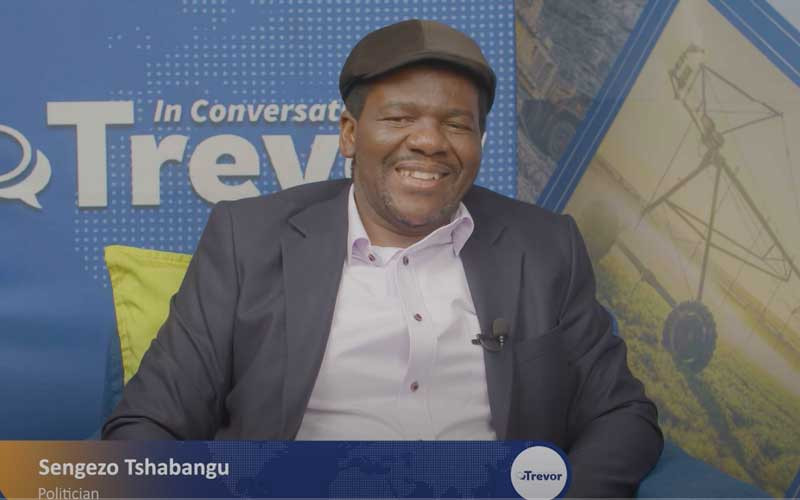
WOMEN rights groups are calling for their inclusion in the formulation of climate change adaptation policies, saying they are the worst affected.
Speaking to NewsDay on the sidelines of a consultative meeting organised by the Women’s Coalition of Zimbabwe (WCoZ) in partnership with Women and Land In Zimbabwe to map a collaborative framework for National Action on Gender and Climate Change in Zimbabwe, WCoZ programmes manager Mercy Jaravani called for gender equality and women-centred approach to climate change financing programmes.
“Women are the majority of the population and the most affected adversely by climate change. There is limited funding in support of the climate crisis,” Jaravani said.
“What is needed is political will not on paper but in action to ensure that women in their diversity are in the forefront of benefiting from climate financing.”
Action Aid Zimbabwe women’s rights and economic justice manager Rumbidzayi Makoni said women were at the mercy of climate change impacts.
“African people and women remain at the end of the climate financing value chain,” Makoni said.
Women and Land in Zimbabwe project officer Bridget Masikati echoed similar sentiments, saying: “We believe that women in rural communities are victims of climate change as they are mostly farmers so we try by all means possible to bring them to such forums to help them understand the issues from a practical perspective.”
- Set up environmental courts: CSOs
- ‘Empower youths in governance processes’
- Wetherell passionate about good political governance, management of economy
- Media and elections: lessons from Zambia










